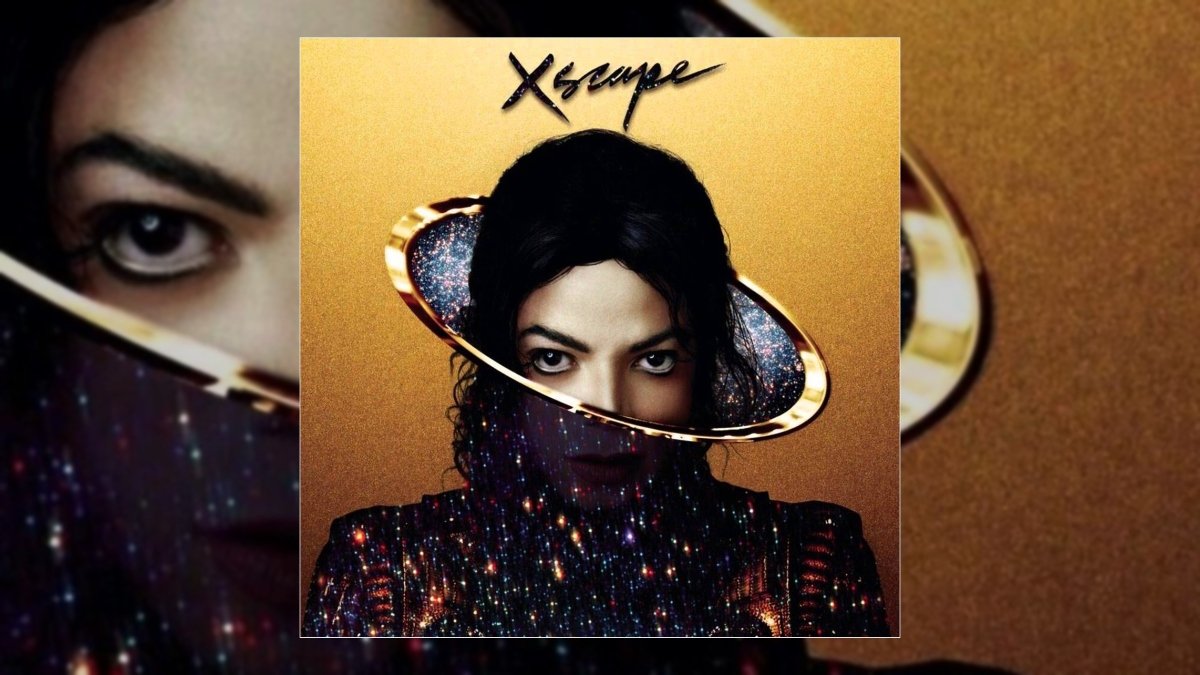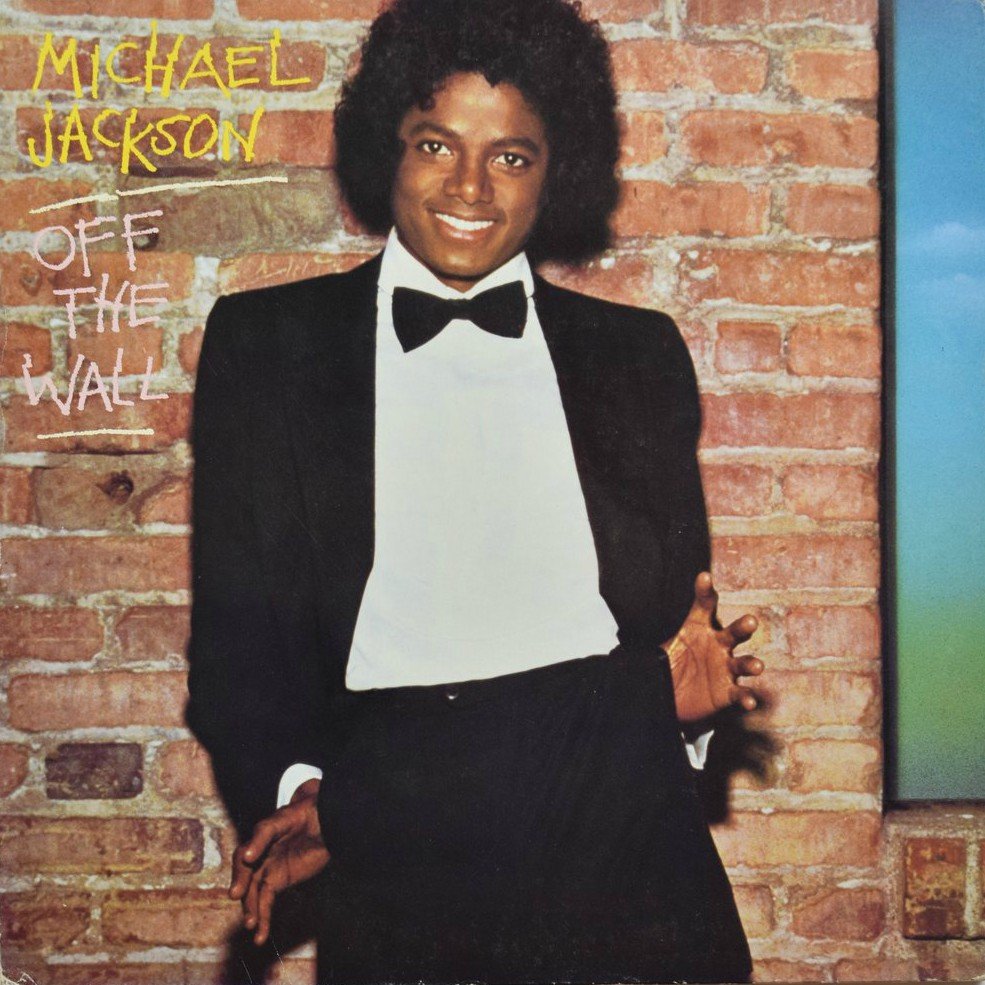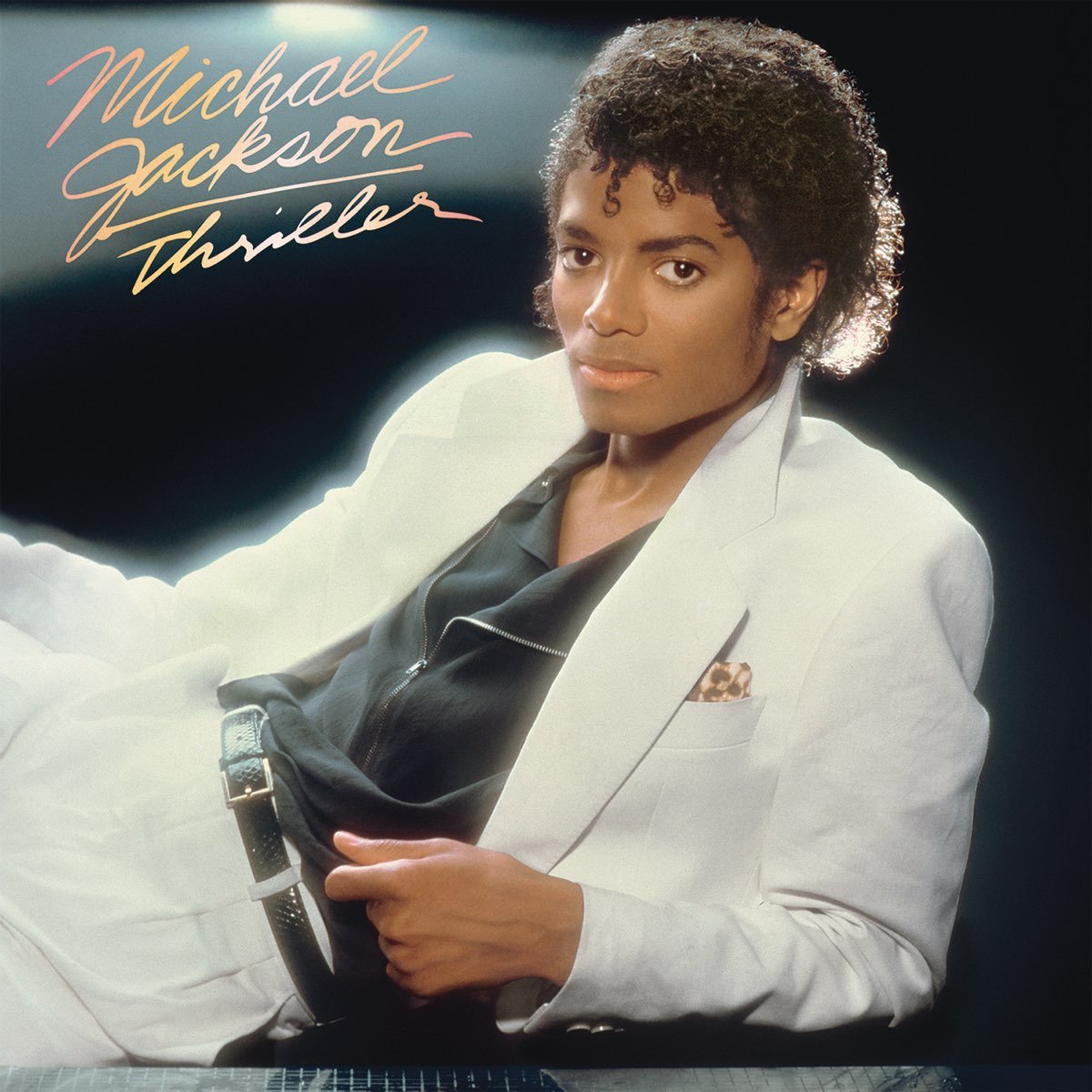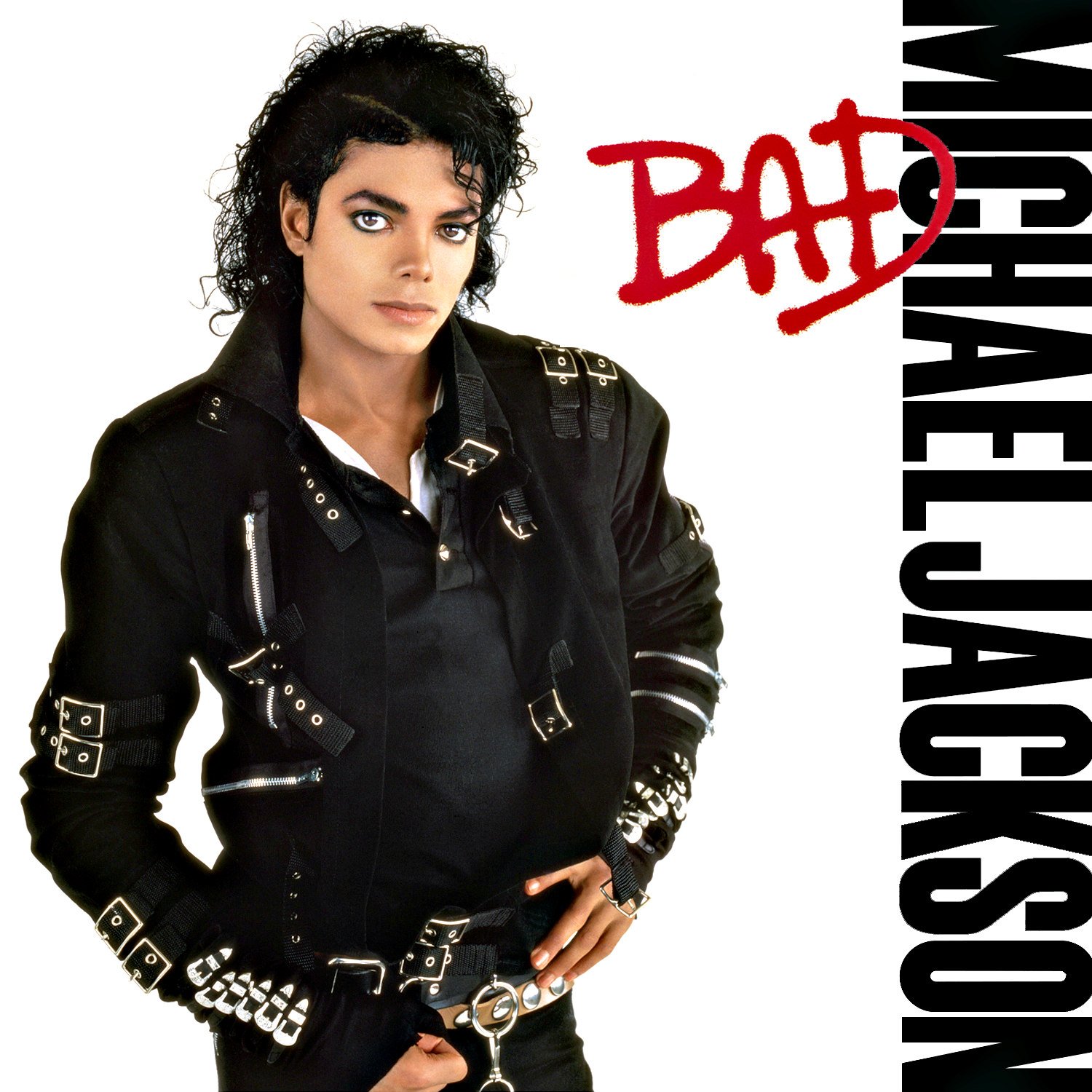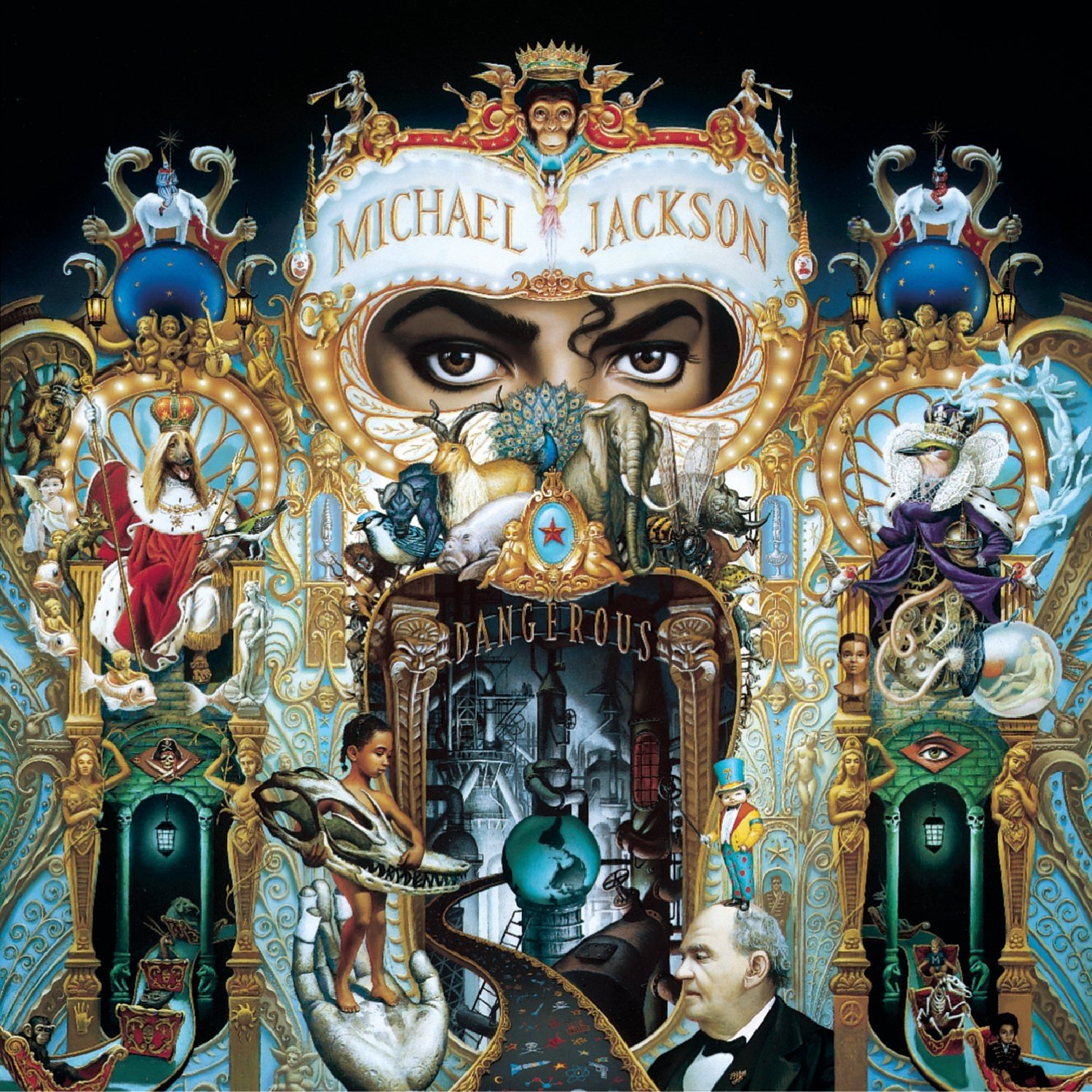Happy 10th Anniversary to Michael Jackson’s second posthumous album Xscape, originally released in the UK May 12, 2014 and in the US May 13, 2014.
Posthumous albums are always a dicey venture. Without the artist involved to see through the vision, these albums can be less about the intent of the original creation and more about interpretation. And when the album is made up of cast offs from various projects, this predicament is only exacerbated. This is where the 2014 posthumous release Xscape from Michael Jackson falls.
Following what was a rushed and flawed first posthumous outing—the controversial Michael album released in 2010—the Estate of Michael Jackson were rightfully cautious about this new project. Following backlash over what many claimed to be fraudulent vocals supplied by a Jackson impersonator rather than the real thing on three of Michael’s ten tracks, the record buying public were also rightfully skeptical. And with news that LA Reid was looking to “contemporize” the new tracks on Xscape by enlisting heavy hitting producers to bring them in line with current musical trends, things did not bode well.
Perhaps then it was a smart move to release one of the incarnations of Xscape complete with Jackson’s original demos for the tracks that the likes of Stargate, Timbaland, J-Roc and Rodney Jerkins would work on. Now, depending on how hardcore a fan of Jackson’s work you are, these demos either served as the main album (with the remixes viewed as the bonus content) or vice versa. Either way, what is interesting in this exercise is how it demonstrates how vital to the musical creation and production process Jackson was.
Rarely lauded for his songwriting and production skills, his absence is heavily felt in these “contemporizing” moments. With only Rodney Jerkins having heavily worked with Jackson on the 2001 Invincible album (and to a much lesser extend LA Reid himself), the remaining producers are left to interpret rather than fulfill, leaving many of the songs feeling more like remixes than bone fide outings. A fact made even more pronounced a short five years after its release with modern pop stylistics having shifted once more.
But the album isn’t a complete wash. As mentioned, the demos offer insight into the promise of the songs. Pulled as the first versions Jackson created rather than the last ones he worked on, these demo versions let you into Jackson’s songwriting process and you can see the gem in the twisting hook of a chorus present in lead single “Love Never Felt So Good” or the promise of what may be in the raw production of “Loving You” or “Chicago.” And where the contemporizing works is when the producers aim to capture the excitement in the original versions rather than evolving them.
Listen to the Album & Watch the Official Videos:
The strongest example of this is in John McClain’s take on “Love Never Felt So Good,” a track Jackson originally wrote with Paul Anka and recorded with only a piano and vocal guide. Recorded in 1984 at the height of his Thriller-era domination, “Love” has a decidedly joyous feel to it that echoes the exuberance of “P.Y.T” or Off The Wall era tracks with dance inspired beats and jiggering strings. Timbaland and J-Roc’s reworking digs in deeper with the Off The Wall vibe the demo suggests and refashions the song as a duet with Justin Timberlake. The song remains vibrant and bouncy and aims for that classic Jackson feel with “Don’t Stop Til You Get Enough” inspired percussion and a “Working Day and Night” lifted chant. By embracing Jackson here, Timbaland produces his strongest contribution to the project.
Originally recorded during Jackson’s last studio album Invincible, “Chicago” (its title inexplicably changed from its original incarnation of “She Was Lovin’ Me”) in its demo form is a dreamy, slo-burn r&b track that explodes with a rock edge in the chorus. Telling the tale of seduction by a married woman, Jackson digs in to the mutual ideas of seduction and betrayal offering a powerful vocal. Conceived by writer/producer Corey Rooney as an updated take on Jackson’s signature rockers a la “Dirty Diana,” the rework by Timbaland/J-Roc gives it a slight dancehall tinge with a bouncing hi-hat, wheezing synth bass and trap snare, but it all fails to connect. Thankfully, as with most of the revisions, Jackson’s vocals are placed front and center, but the richness in his delivery further emphasizes the gap between the vocals and the music.
On the rare occasion though, the rework comes close to hitting the mark. The Bad era throwback “Loving You” is breezy and light in its original demo, but it’s transformed into a pounding modern R&B accent with the revision. The playfulness of Jackson’s vocals are matched by horn stabs and skipalong high-hats and for once, the contemporizing feels more focused and reflective of the original song rather than just abandoning it in favor of the producers’ own importance.
“A Place With No Name” becomes very meta with Jackson borrowing from America’s guitar led riff of “A Horse With No Name” and making it his own. The demo is a joy to listen to with stacked vocals and a sense of purpose present. But this is all but abandoned when Stargate take over, leaving many of the wow moments in the Dr Freeze produced original in the Pro Tools trash icon. Instead, Stargate crib a groove and bass line from Jackson’s “Leave Me Alone” in an attempt to turn the song into a synth-funk banger. The multiple references and reworking feels very Inception like (a revision of a song of a revision of a song of a revision of a song) and as such leaves me in a similar state of bewilderment as to whether I actually like the revamp or not.
Written by LA Reid and Babyface for possible inclusion on Jackson’s 1991 smash album Dangerous, “Slave To The Rhythm” acts as a reminder of why some songs were jettisoned in favor of those that actually made it onto the album. It feels almost by-the-numbers in its demo form and the 2014 rebirthing doesn’t do much to sway you, with its saving grace the moments when the production is stripped back to allow Jackson’s voice to come to the fore.
Enjoying this article? Click/tap on the album covers to explore more about Michael Jackson:
That’s the blessing and curse of the album, exemplified by arguably the most controversial inclusion (perhaps even heightened now), the Bad original and Dangerous revived track “Do You Know Where Your Children Are?” Dealing with child sexual abuse, Jackson’s original demo is filled with dread and foreboding as he recounts the tale of a runaway escaping sexual abuse at home only to wind up trapped in the world of sex trafficking on the streets of LA. Reworked on a twisting expanding synth bass spine, the track loses all of Jackson’s empathy and concern seeming at odds with the cold and clinical new production.
Another Invincible cast off, the intriguing “Blue Gangsta” starts off promising with the reworking of just Jackson’s vocals set against a brooding synth bed. But as soon as the chorus hits, it feels like every trick in 2014’s beat production playbook is thrown at it, resulting in a cacophony of missed opportunity. Contrast that to Jackson & Dr Freeze’s produced demo, and you wonder why it wasn’t given just a little polish rather than a complete overhaul. The original with its dramatic build and alarming horn blasts ratchet up the tension with every passing bar and is far superior and should forever be the only reference on record. If you haven’t heard it, I highly recommend giving it a spin right now.
Closing out the album with the titular track, the demo of which originally leaked in 2003, “Xscape” is perhaps given the most love in the reinvention stakes and feels more like a fully thought out song rather than a hastily constructed remix. In its demo form, the song is funkier and murkier and has a bit more oomph to it than the more dance-oriented remake. It’s also one of Jackson’s strongest vocals on the collection, and sadly Jackson’s haunting vocal of “When I go / This problem world won’t bother me no more” lingers with extra gravitas and highlights how even in death Jackson isn’t allowed to rest.
For the completist in me, Xscape grants access to songs long vaulted away. But the purest in me still wonders why a collection of songs Jackson felt not worthy of inclusion ultimately saw the light of day, especially in this “contemporized” fashion. If the Estate wishes to further explore Jackson’s unreleased material in the future it will be better served preserving Jackson’s vision and presenting the demos (or even an evolution of demos) rather than handing them over to a record company and disconnected producers intent on updating and contemporizing. The results of which are hit and miss, with the balance landing in the latter.
LISTEN:
Editor's note: this anniversary tribute was originally published in 2019 and has since been edited for accuracy and timeliness.

